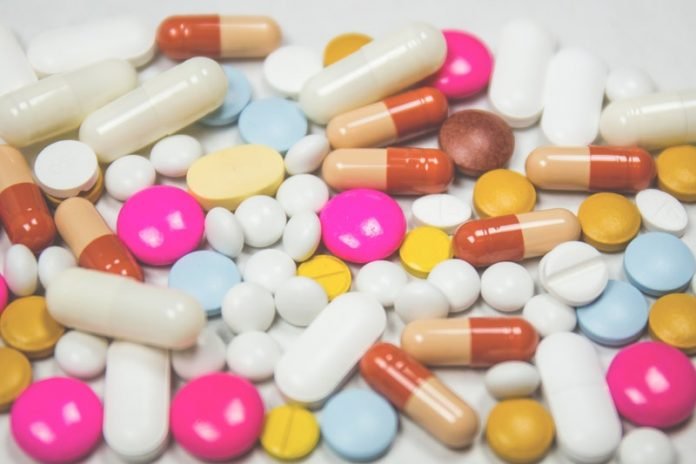
In a new research paper, scientists from Boston University suggest that categorizing medications that treat opioid use disorder as behind-the-counter drugs could save lives.
Recently, the Food and Drug Administration has approved three medications to treat opioid use disorder: methadone, naltrexone, and buprenorphine.
However, these medications require a prescription for use. This can make them difficult to obtain for people who urgently need them to avoid relapse.
Boston University researchers Payel Roy and Michael Stein suggest that government can make buprenorphine more accessible to patients as a behind-the-counter drug.
This can benefit people who don’t want to relapse to using drugs like heroin or fentanyl or painkillers like oxycodone.
Previous research has shown that addiction is a chronic disease, just like high blood pressure and diabetes.
Scientists suggest that medications to treat this disease should be the first-line treatment. But currently, doctors do not have enough treatment options for people.
Recent studies have found that opioid-based medications can actually be effective for treating people with opioid addiction long term.
For example, methadone and buprenorphine can treat addiction because they can activate the same receptors that more addictive opioids like heroin and fentanyl activate, but without causing euphoria.
This can help the addicted brain to slowly begin to recover from all the highs and lows caused by opioid addiction.
In addition, buprenorphine is long-lasting medication, requiring only a single dose daily. This can limit exposure to potentially lethal illicit opioids.
The researchers’ previous research has shown that buprenorphine has a much lower overdose risk compared with other opioids.
People with opioid addiction will not feel euphoria from taking buprenorphine, which can help reduce addiction risk. It is possible to have a physical dependence, but addiction is rare.
The researchers suggest that making the medication easier to obtain can encourage patients to enter into treatment.
Other countries, like Canada, have shifted to having pharmacists monitor buprenorphine dosages, so patients are dosed with their medication under supervision at the pharmacy counter.
Other methods to treat opioid addiction include behavioral interventions such as psychotherapy, Narcotics Anonymous, and others.
The paper is published in JAMA.
Copyright © 2019 Knowridge Science Report. All rights reserved.



